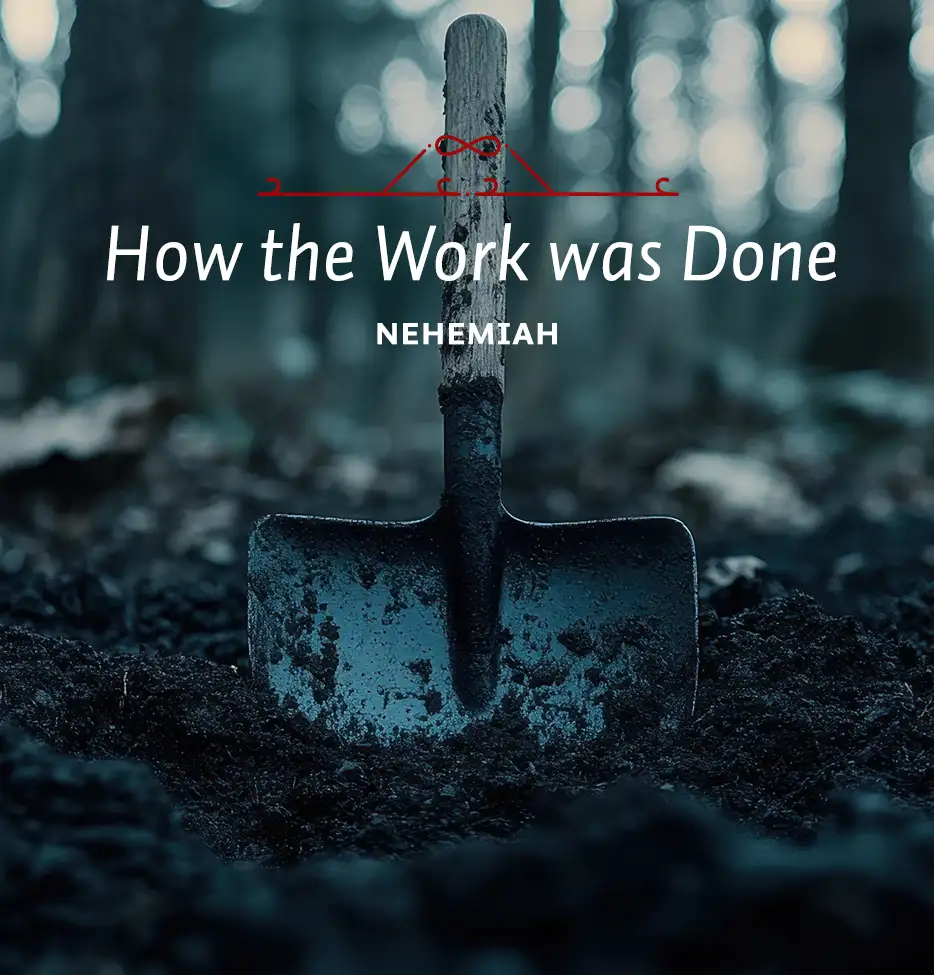Most managers know how to subdivide projects, of course. But there are lots of people who do not know how to manage projects. When faced with a large assignment most people make one or more of these mistakes.
1. Underestimating the task. Sometimes this is due simply to a lack of experience. They have never faced something of the scope of the task before, and they really do not know how much energy or skill it will take, or how long it will take, to complete it. At other times, this is due to an unwillingness to face up to a task perceived to be unpleasant. A student putting off studying for a final exam might be in this category. “There’s plenty of time to study up,” he might say. He actually needs all the time he can get. The reason the student speaks that way is that he or she does not want to face studying. The student needs to divide up the unpleasant work and then tackle a bit of it every day.
2. Letting the work go until the end. The student I have mentioned could also be an example of this second failure. He could simply be procrastinating, letting the work slide until it becomes too late to get it done.
3. Spending time on later, more interesting problems before tackling earlier and more basic ones. This is a natural tendency. If you like to plan parties rather than write letters, you might neglect sending out the invitations. Yet without the invitations there will be no parties.
Dividing the task up (if it is well done) assures that each necessary part will get covered, the less exciting parts as well as those that are more challenging.
4. Trying to do too many things at once. Some people make the mistake of trying to do too many things at once or, which is a closely related problem, trying to do all that needs to be done themselves.
The proper way to get an important job done is the way Nehemiah went about it, and the first step in his handling of the job was to divide it into manageable sections. There are two more things that should be said at this point. First, in most cases what needs to follow the dividing of the task is prioritizing. Fundamental things need to be set in the first position. Lesser or more complex tasks need to be set further along. Second, again in most cases, these manageable sections need to be tackled one item at a time. Remember Peter Drucker’s comment: “Effective executives do first things first and they do one thing at a time.”1 Few principles are more important than that one.
This involves time management, of course. It means that the effective leader must use time to his advantage.
Prioritizing! Doing one thing at a time! You may remember that when I mentioned these in connection with Nehemiah, I said “in most cases.” This is because in Nehemiah’s case, his dividing the reconstruction of the wall into manageable sections did not result in one section being given priority over another or one section being completed before a second section was begun. In this case the wall itself was the priority. The whole thing needed to be done as soon as possible—before the enemies of the Jews attacked them or in some other way hindered its completion. As we go on, however, we will see that Nehemiah had other goals too, and he worked on these at the appropriate time.
1Peter F. Drucker, The Effective Executive (New York: Harper & Row, 1985), 100.






